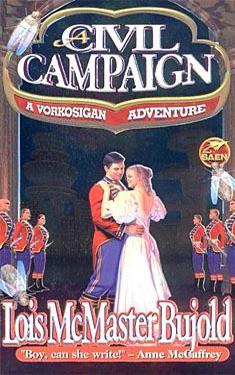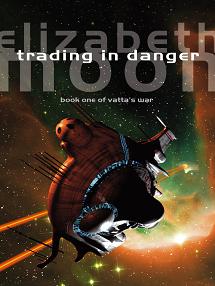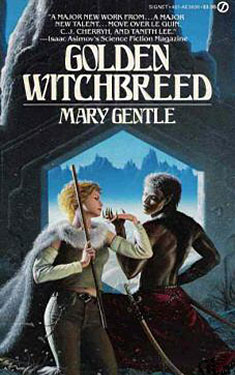
A Civil Campaign
Lois McMaster Bujold
534 pages
published in 1999
A Civil Campaign should have been the last novel in the Vorkosigan series. Starting with Brothers in Arms and continuing through Mirror Dance, Memory and Komarr Lois McMaster Bujold had constantly upped the ante for Miles, not just by giving him bigger challenges to overcome, but by forcing him to grow up and become mature, putting him in situations where his character strengths are useless or even counterproductive. A Civil Campaign is the culmination of that process, as Miles crashes hard against the realisation that his usual crisis management tactics are not suitable for trying to win the hand of the woman he fell in love with the first time he saw her. At the same time Bujold also ties up all the loose ends from the earlier novels, providing a proper ending for the series. It’s not a book for people new to the series.
In the previous book, Komarr, Miles had met Ekaterin, a duty bound Vor woman trapped in a loveless marriage, and fallen hard for her from the first moment. With Ekaterin now a widow, Miles sets out to court her, but with the best of intentions decides to do so without her knowning or telling her that this is what he’s doing. Surely the same tactics of deception that worked so well in his career as a galactic man of mystery will be good enough to win him a wife? Of course there’s also the small matter of the imperial wedding to prepare for, the return of his clone brother Mark with his Escobarian business partner and their somewhat too biological startup they’ve set up in Vorkosigan House, the blossoming relationship of Mark with Kareen, the daughter of one of Miles’ father’s — count Vorkosigan — oldest friends and various other minor complications and side issues Miless will have to deal with, but how hard can it all be?

